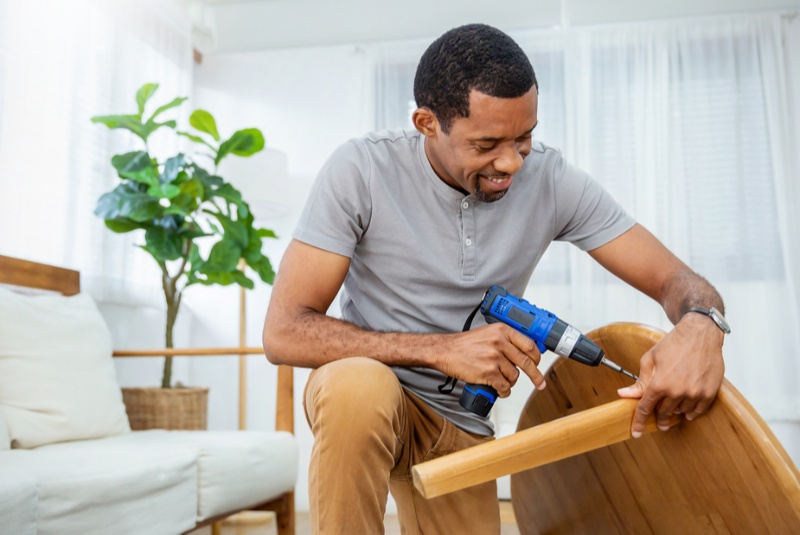As the pace of our world accelerates, a shift back towards a culture of 'doing it yourself' (DIY) is more crucial than ever. When you take the time to learn how to fix things yourself, you embrace the principles of self-reliance, creativity, and ingenuity, skills that extend far beyond the home. Today, we will explore why embracing DIY projects and learning to fix things yourself is not only a gratifying endeavor but also a journey towards personal growth.
First, consider the obvious economic benefits of DIY repairs. Today's consumer culture encourages immediate replacement of broken items rather than fixing them. The cost of professional repair services can often surpass the price of a new item, encouraging needless waste. However, when you take it upon yourself to fix a broken object, you can significantly reduce these expenses. From a leaky faucet to a misbehaving computer, the resources available to guide you through the process are plentiful, often requiring only patience, the right tools, and a bit of research.
Secondly, DIY projects foster a sense of accomplishment and self-efficacy. There's a unique satisfaction in seeing a task through from beginning to end, and this is even more palpable when the task involves fixing or creating something with your own hands. Whether you're building a piece of furniture, patching up a torn piece of clothing, or fixing a faulty home appliance, the pride you feel when you look at the finished project is second to none. DIY projects also create an environment that supports problem-solving, critical thinking, and ingenuity, valuable life skills that can translate to many other aspects of life.

Beyond personal benefits, embracing DIY projects can have substantial ecological impacts. The production, transportation, and disposal of consumer goods contribute to environmental degradation. However, by learning to fix items yourself, you're extending the lifespan of these products and reducing the demand for new ones, promoting a more sustainable lifestyle. This behavior, when adopted by more people, can lead to significant positive environmental changes.
Furthermore, DIY projects can serve as a gateway to learning new skills. The home is a microcosm of the world, and every item and system within it offers an opportunity to learn. When you engage with these systems, be it electrical, mechanical, or architectural, you're not just fixing a problem; you're gaining a deeper understanding of the world around you. These new skills can open doors to new hobbies, interests, or even careers.
Finally, DIY projects can also promote community and social interaction. Whether you're swapping tools, sharing advice, or collaborating on a project, these activities create a sense of community that's often lacking in our increasingly isolated society. This sense of shared purpose and accomplishment can strengthen social bonds and improve overall wellbeing.
Taking the time to learn how to fix things yourself and embrace DIY projects comes with numerous benefits. Not only does it save money, but it also promotes self-reliance, cultivates problem-solving skills, and can even foster community interaction. Furthermore, it encourages a more sustainable way of life and offers a pathway for personal growth and learning. So, why not pick up a screwdriver, needle and thread, or paintbrush, and dive into the rewarding world of DIY?




